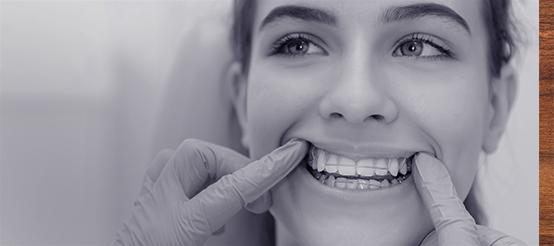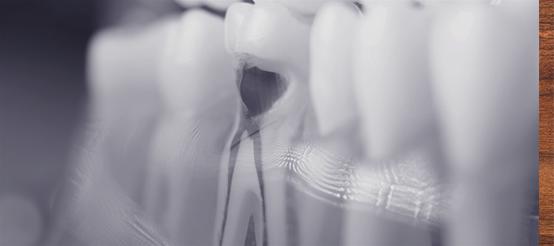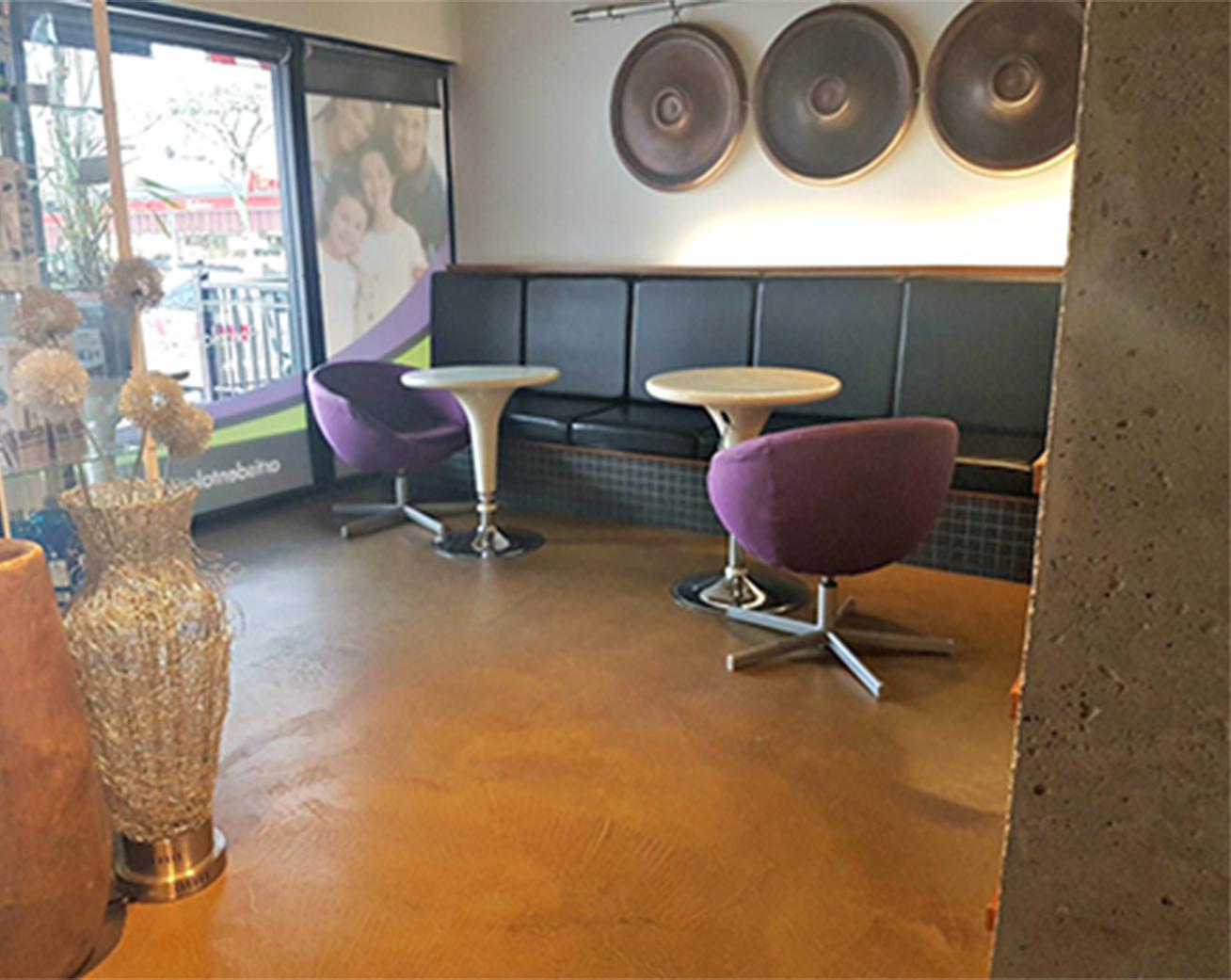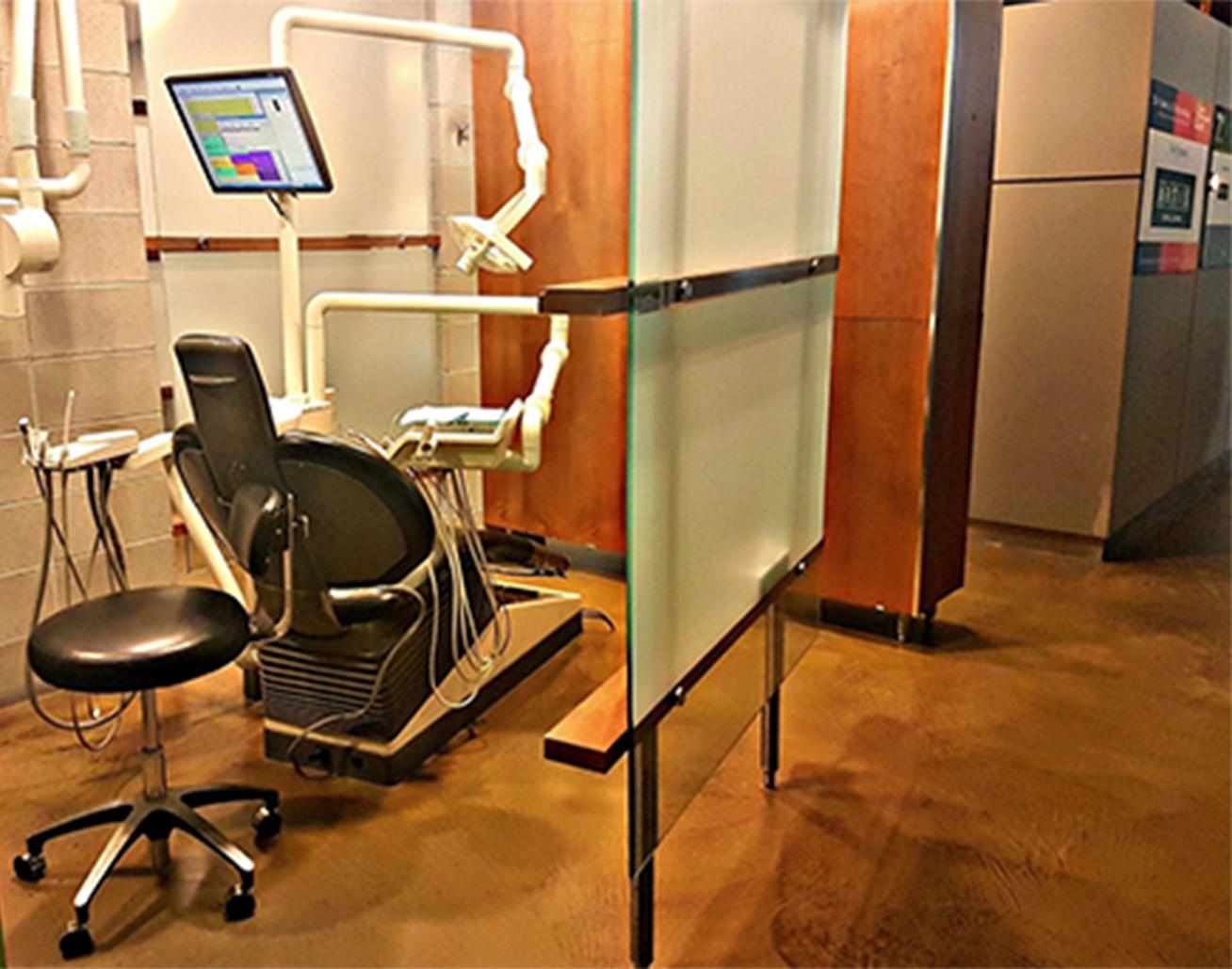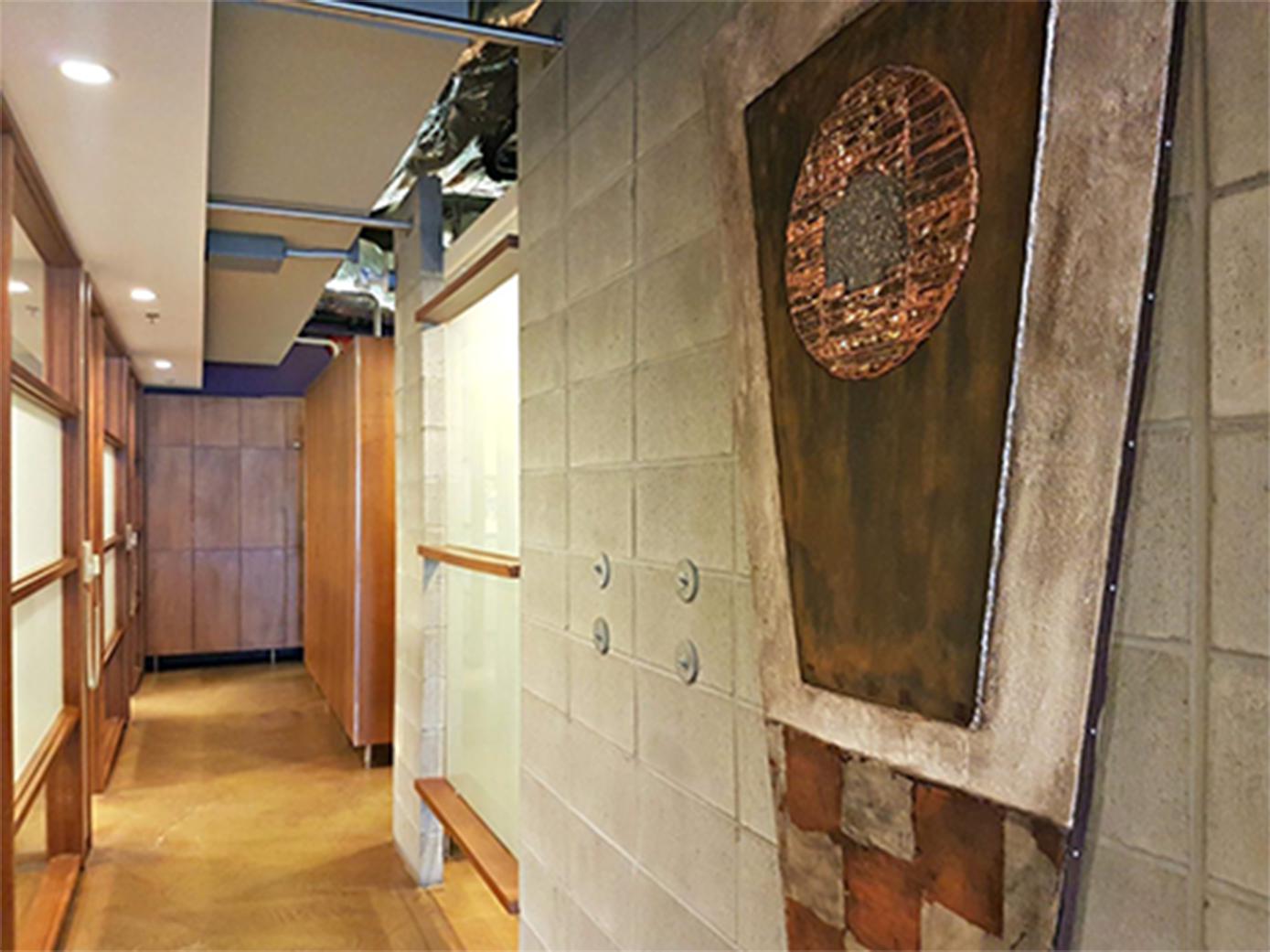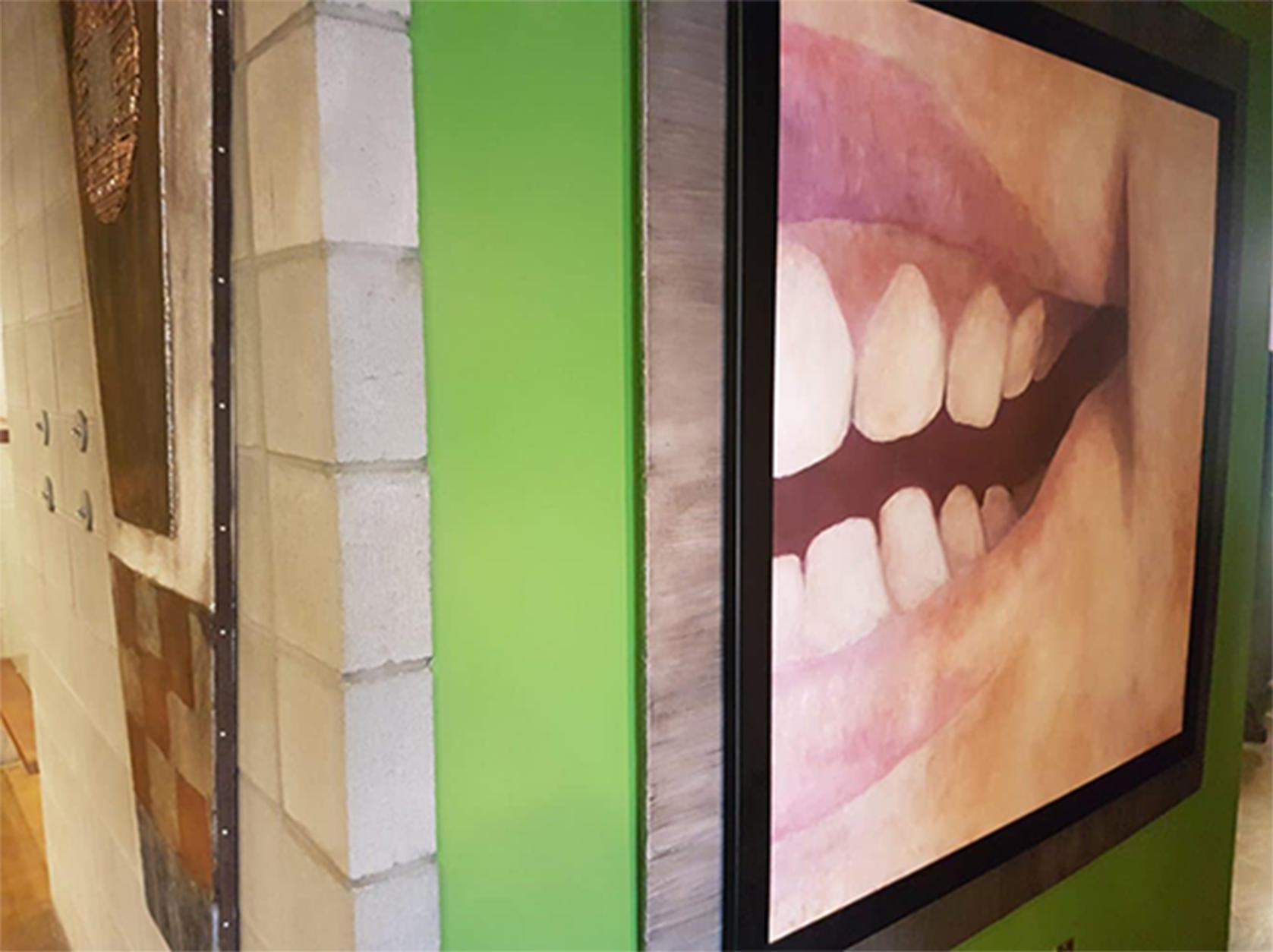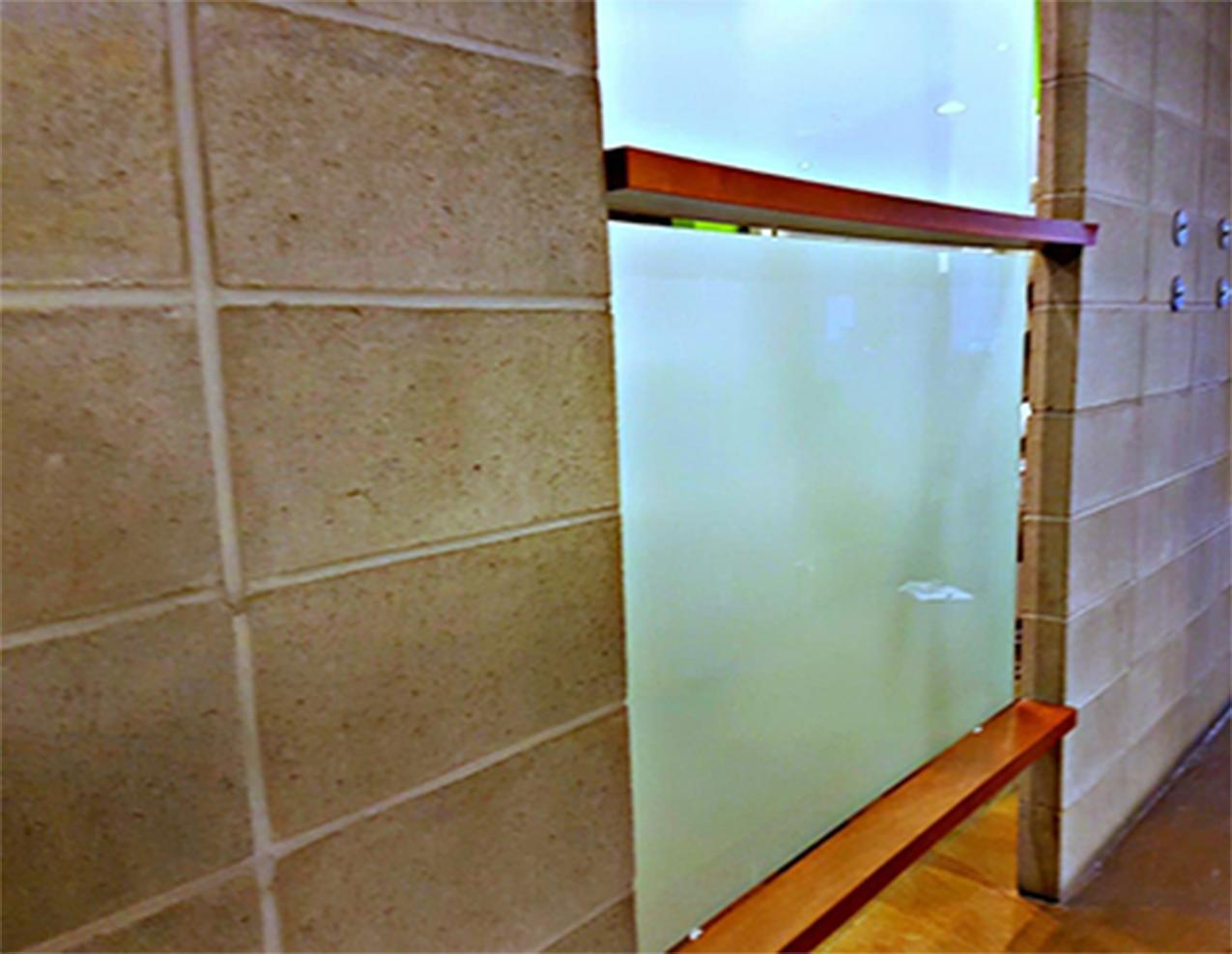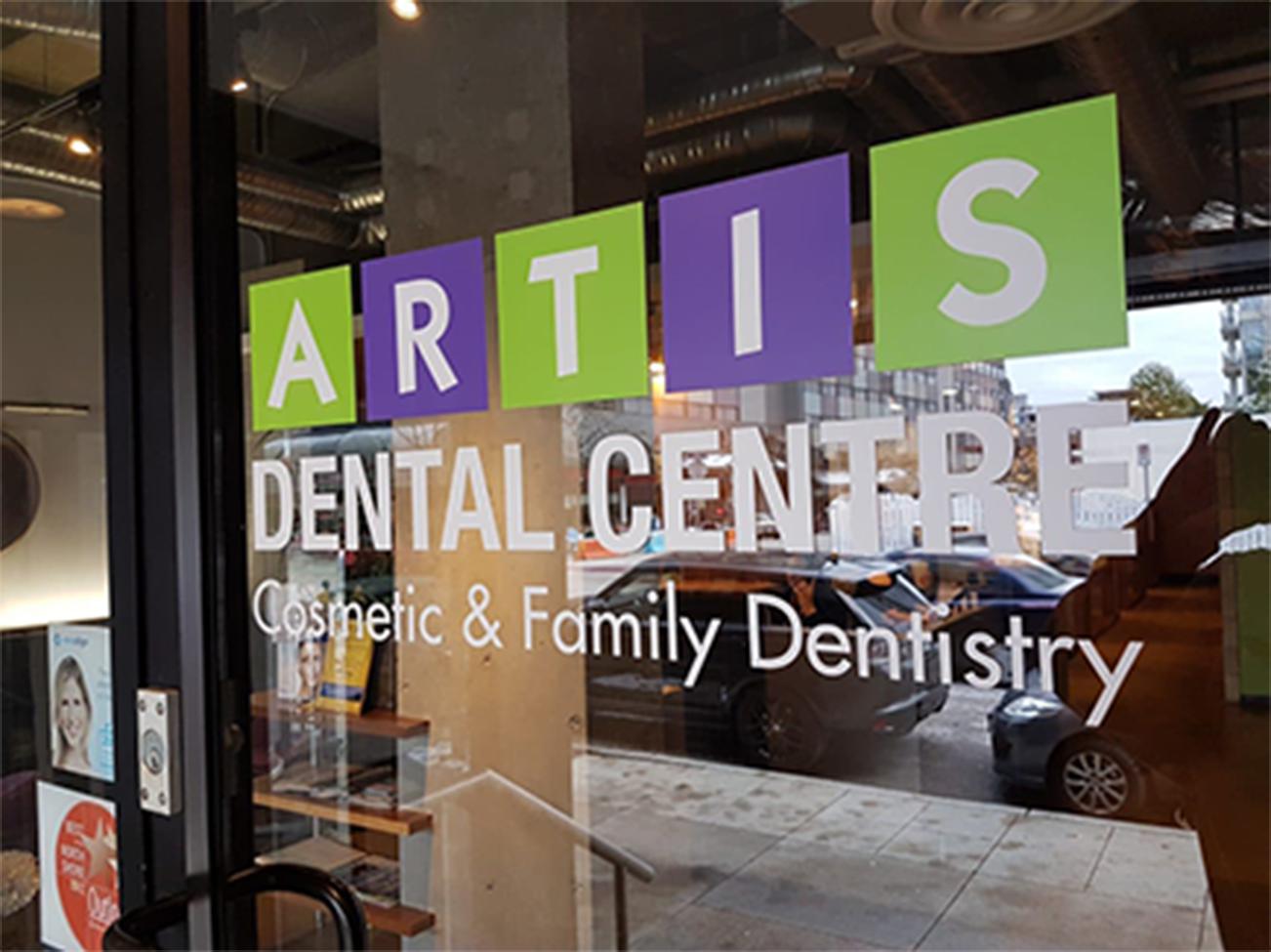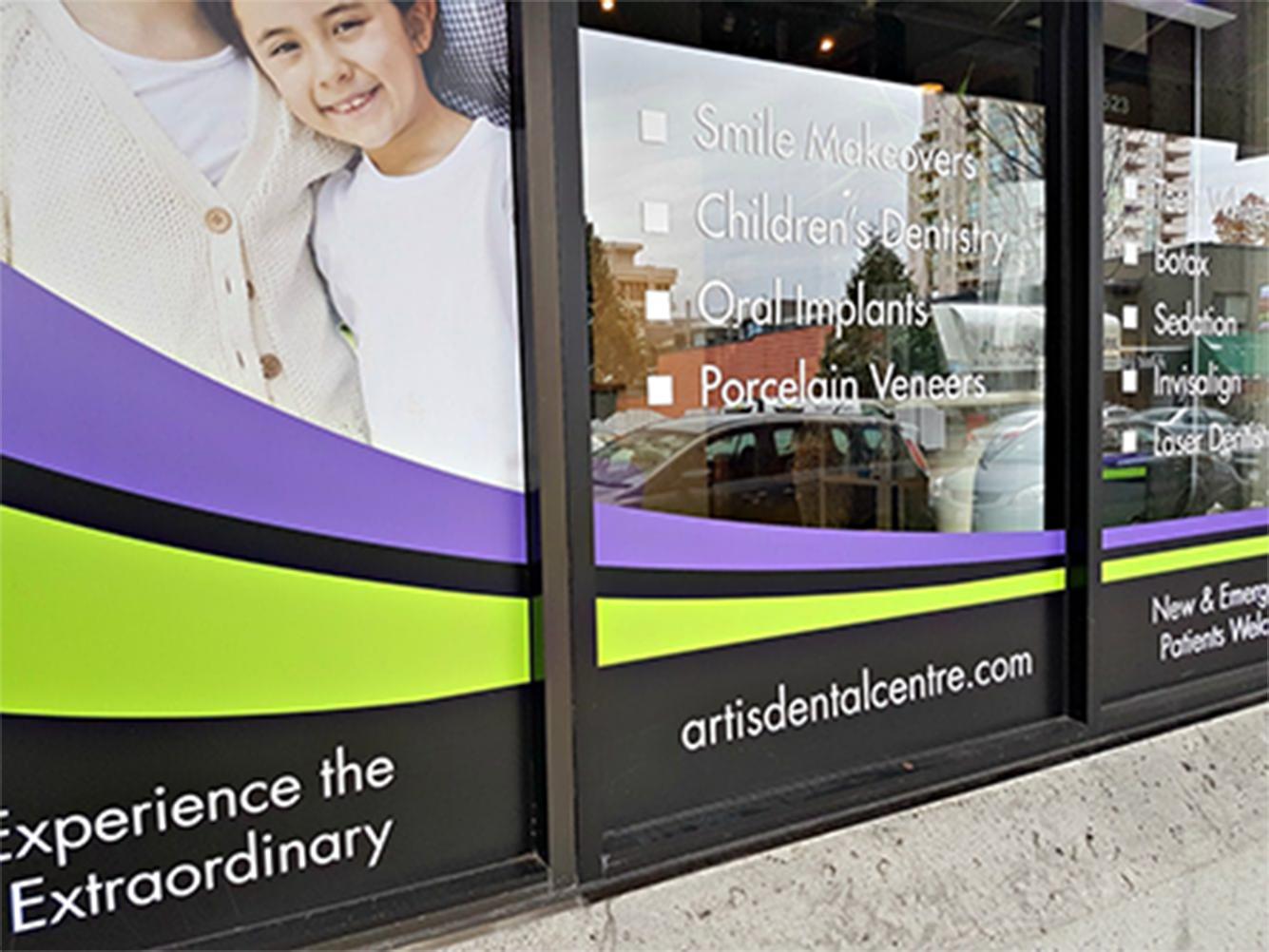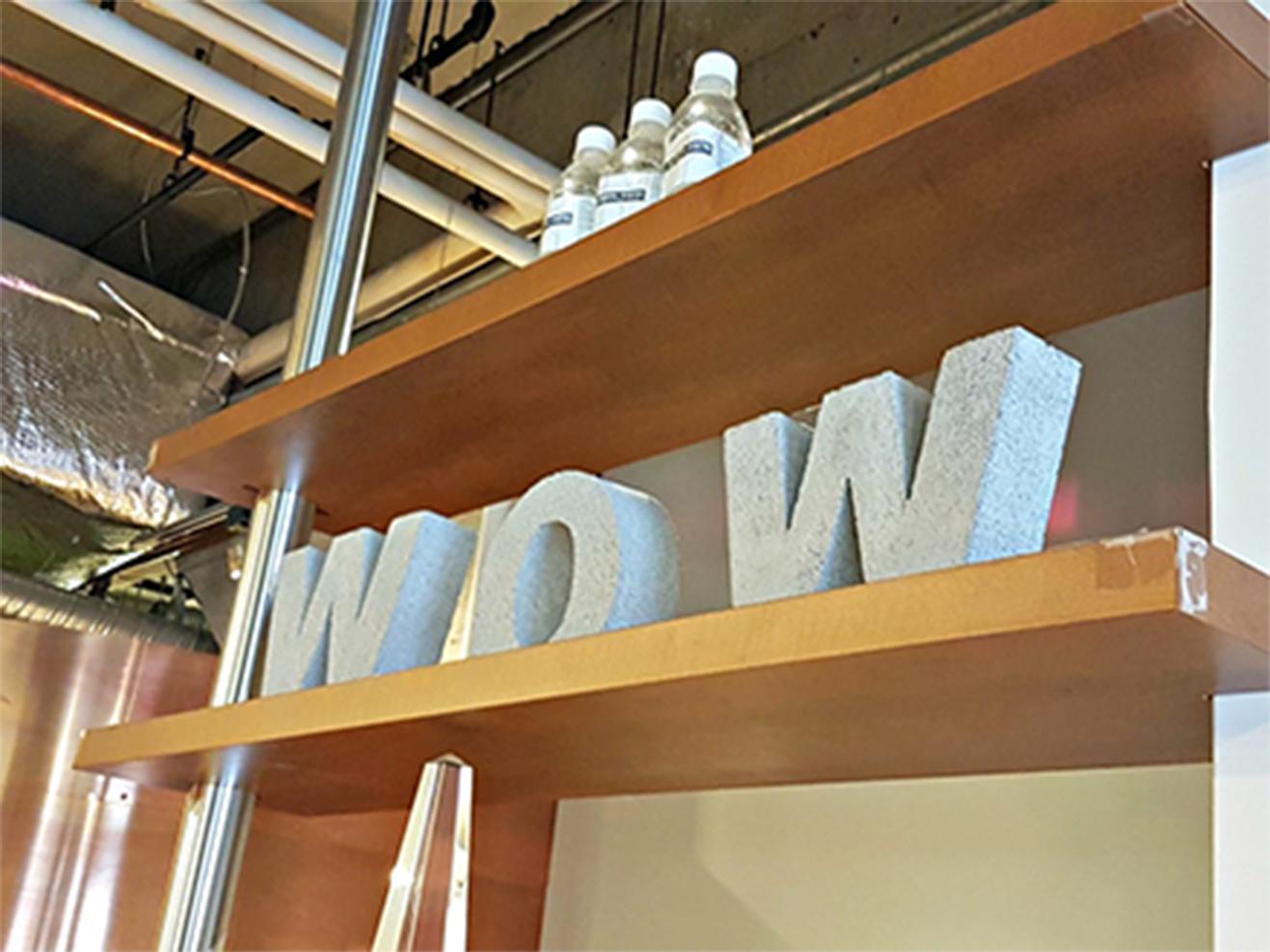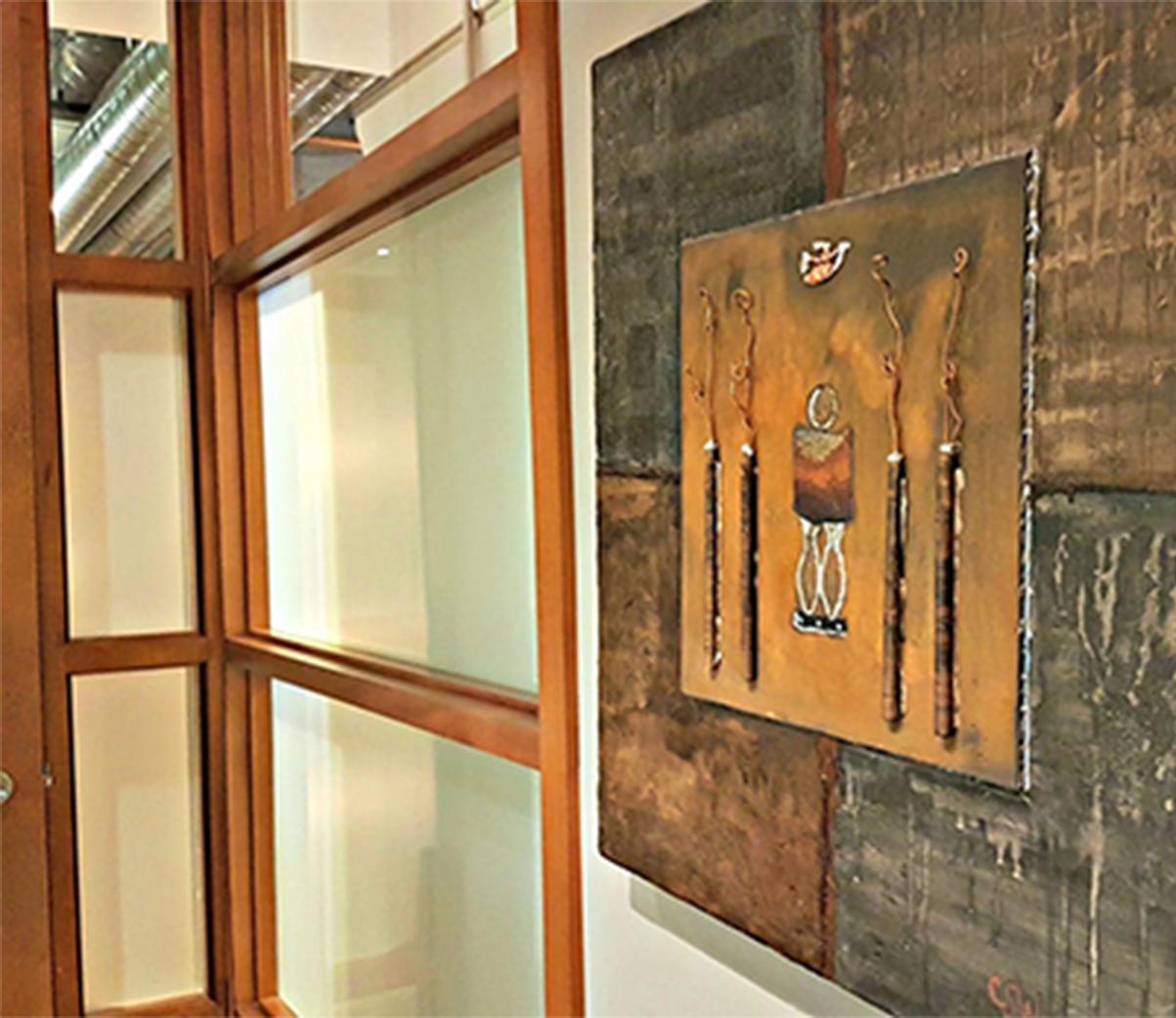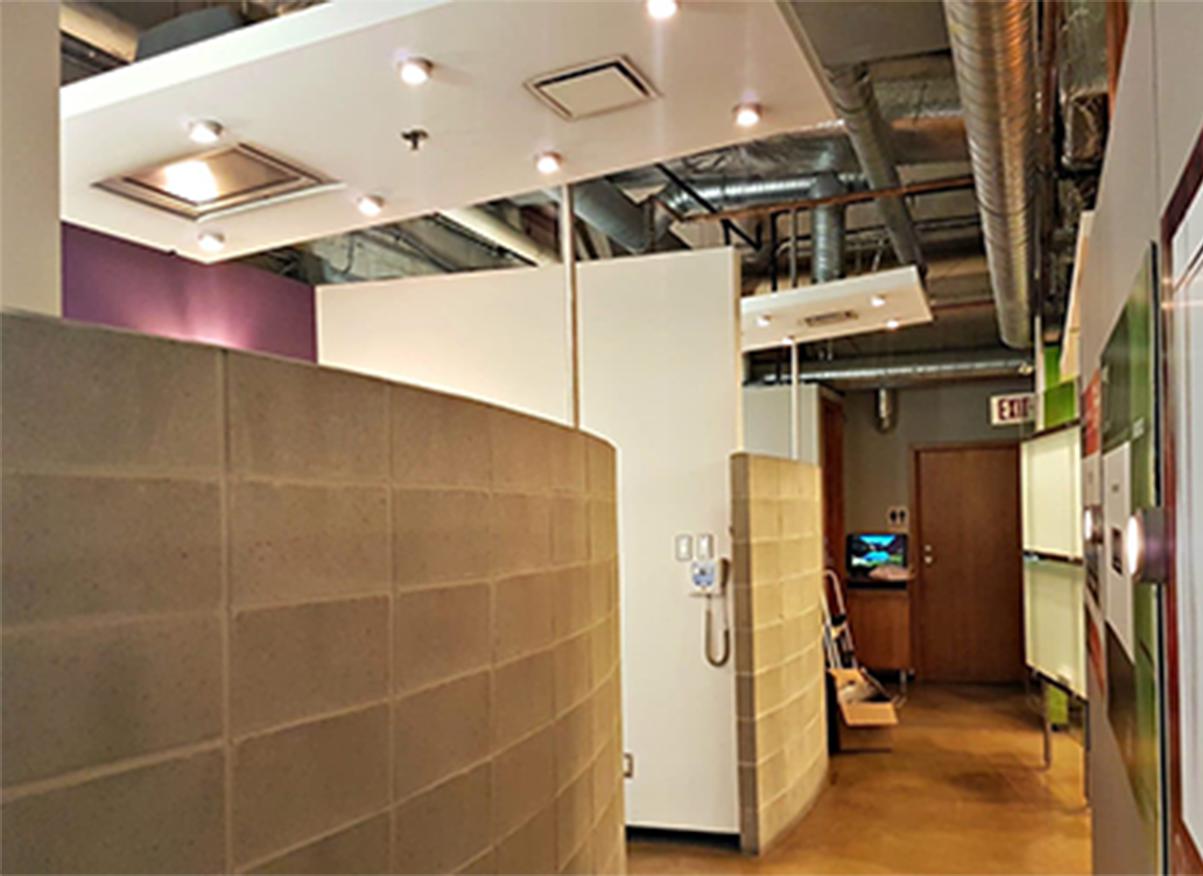A toothache is an umbrella term used to refer to any pain, soreness, or aching around a tooth. Toothache pain can be either sharp or dull and may be accompanied by sensitivity to hot or cold foods as well as pain while chewing or biting.
To determine the cause of your toothache, you should visit your dentist in New Westminster for a dental exam. Your dentist has the tools, skills, and knowledge to accurately diagnose the cause of your toothache and ensure that you get the treatment you need.
Toothache Symptoms
Toothache symptoms may vary, but the most common symptoms include:
- A sharp, throbbing, or constant pain in or around your tooth
- Pain when you apply pressure to your tooth, such as while biting or chewing
- Swelling around the tooth
- Foul-tasting drainage from around your tooth
- A fever, headache, or earache
If your pain is severe or lasts for more than a day or two, you should make an appointment with your dentist. You should also see your dentist if you develop an earache or fever, or if it hurts to open your mouth, bite, or chew.
Common Causes of Toothaches
Pain in or around a tooth can have a variety of causes.
Tooth Decay
Tooth decay, more commonly called cavities, can affect both the hard outer layer of your tooth (the enamel) and the soft inner layer of your tooth (the dentin).
Tooth decay occurs when carbohydrates such as bread, milk, cereal, pop, cake, or candy are allowed to stay on your teeth. The bacteria, food debris, and acid all combine to form plaque, which clings to your teeth. When the bacteria eat the carbohydrates, they produce acid, which damages your enamel.
Your toothache may be caused by a cavity, particularly if you only experience pain while eating or drinking foods that are hot, cold, or sweet.

Abscessed Tooth
If tooth decay is allowed to progress your tooth could become abscessed. An abscess is a pocket of pus that forms around the root of an infected tooth, and they form when the pulp inside your tooth (made up of nerves, blood vessels, and connective tissue) becomes infected.
Your tooth may also become infected as a result of gum disease or a cracked tooth.
The only way to treat an abscessed tooth is to see your dentist. If you do not seek treatment, the infection can spread beyond your jaw to your head, neck, or other areas of the body.
Symptoms of abscessed teeth include pain, swelling, red gums, a bad taste in your mouth, jaw pain, pain while chewing, swollen lymph nodes, trouble breathing or swallowing, or a fever.
Fractured Tooth
Teeth can become cracked or fractured either through injury or general wear and tear. A crack or fracture may be the cause of your toothache, particularly if you experience pain while chewing or biting. A fracture may also be responsible if you experience sudden pain when your tooth is exposed to very hot or cold food or drinks.
Cracked teeth hurt because chewing can cause the two pieces of the tooth to move, irritating the delicate pulp inside. If the crack isn’t fixed quickly, it can cause permanent damage to the pulp. Hot and cold can irritate the tooth because the cracking exposes your nerves, which are incredibly sensitive to extreme temperatures.
Depending on the severity of the crack, your dentist may need to extract the tooth or perform a root canal.
Damaged Fillings
If you have a filling that becomes loose or broken, it is no longer able to protect your tooth properly. Damaged fillings can allow food and drink to get caught inside cracks in your tooth. This can cause tooth decay or even an infection, leading to a toothache.
Loose or damaged fillings will need to be replaced by our dentist, who will also check for and treat any new decay that has formed underneath the filling as a result of the damage.
Gum Disease
When plaque is allowed to build up around our teeth and gums, it causes our gums to become irritated and inflamed. In its early stages, gum disease is called gingivitis. Gingivitis causes our gums to become inflamed but does cause our teeth to become loose or cause any bone or tissue damage. However, if gingivitis is allowed to progress, it can become periodontitis.
Periodontitis caused the inner layer of the gum and bone to pull away from the teeth, forming small pockets. These pockets gradually become filled with food debris and bacteria, leading to infection. The bacteria can begin to break down the bone and connective tissues that hold your teeth in place, which means your teeth are no longer firmly anchored in place and may fall out.
When your gums become irritated and inflamed, it may cause you pain, resulting in a toothache.
Grinding Your Teeth
While most of us occasionally grind or clench our teeth, repetitive grinding or clenching (called bruxism) can damage your teeth and jaw. Teeth grinding usually occurs at night and may be caused by stress or anxiety, as well as an abnormal bite, missing tooth, or crooked tooth. It is also a common symptom of sleep apnea.

Most patients who grind their teeth don’t know it but may find that they often awake with a dull constant headache or a sore jaw, or are told about the grinding by their loved ones.
Grinding your teeth causes excessive wear on your teeth, and can make your jaw tender. In some cases, the grinding may even fracture or loosen your teeth, or cause your teeth to fall out. If your teeth become damaged as a result of constant grinding, you may require a bridge, crown, dental implants, or dentures.
If you or someone you know is experiencing a toothache, you should book an appointment with your dentist right away. Depending on the cause of your pain, you may require dental treatment, and delaying treatment could lead to further pain or damage.




